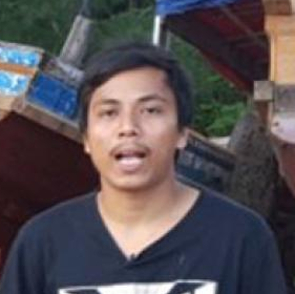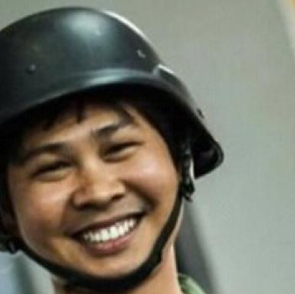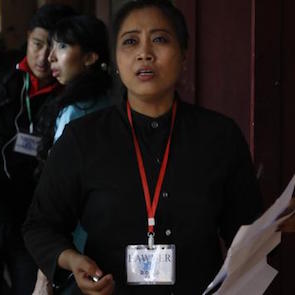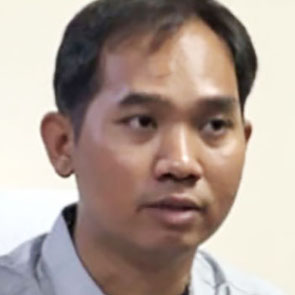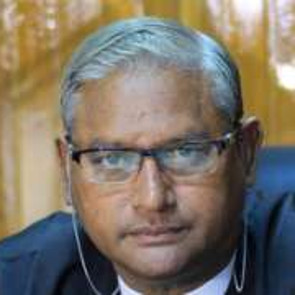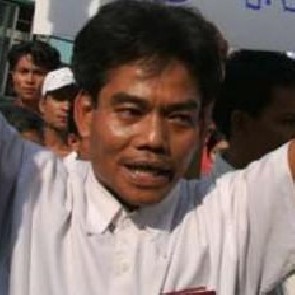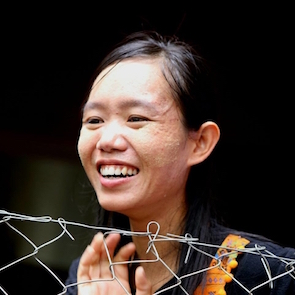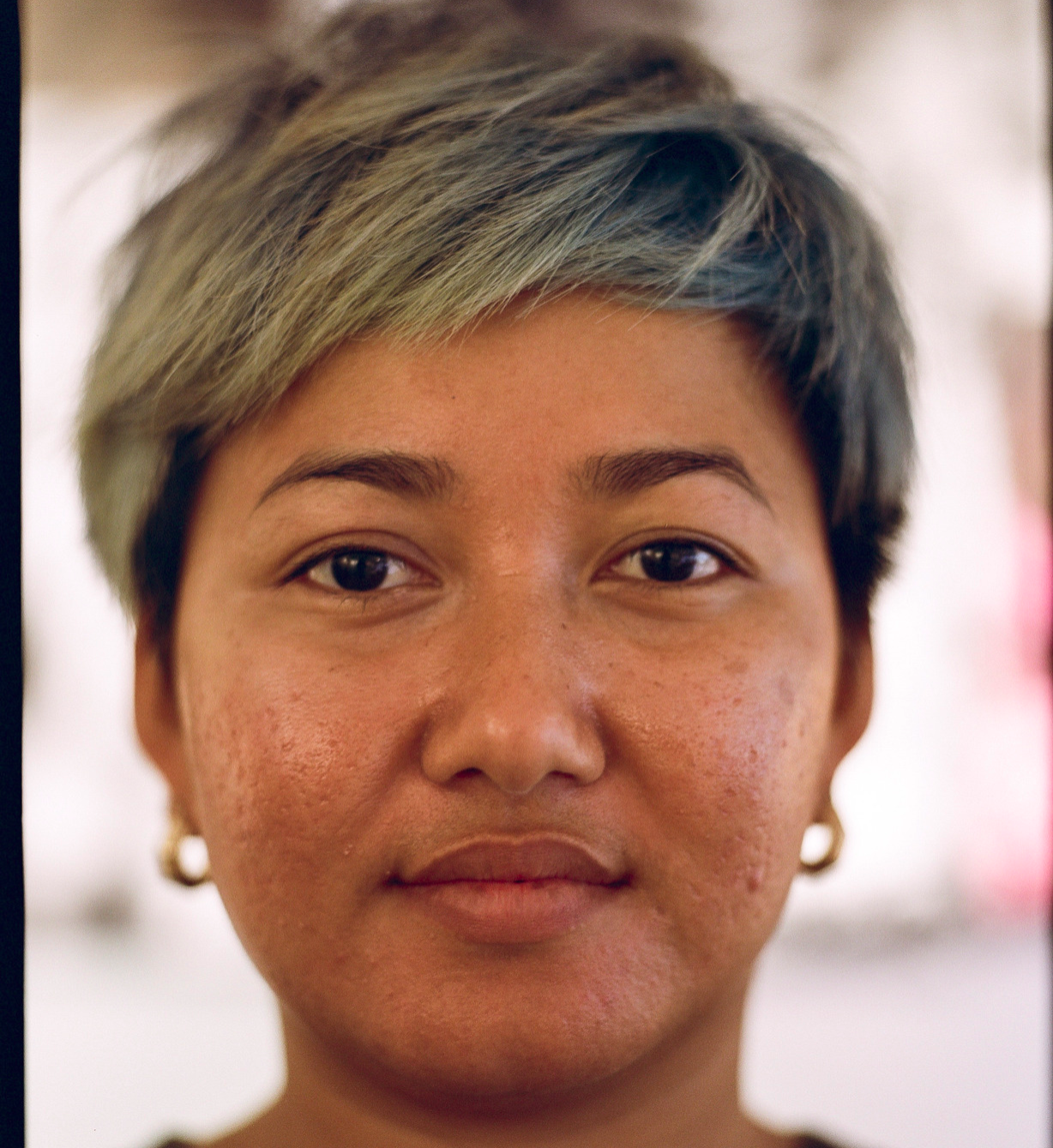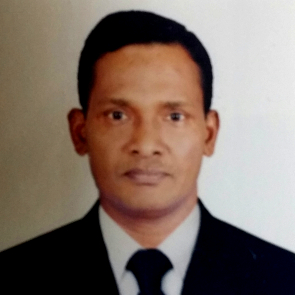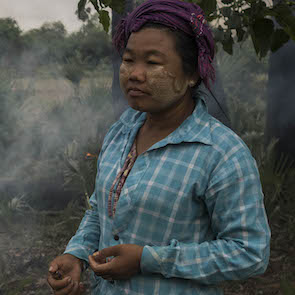#Burma / Myanmar
#Burma / Myanmar
Human rights defenders in Myanmar are subjected to a range of attacks and abuses. They include serious human rights violations against ethnic minorities; the harassment and imprisonment of human rights defenders for their exercise of civil and political rights; reports of torture, ill-treatment, lack of access to health care and solitary confinement of human rights defenders while they were in detention; extra-judicial killings and violence, discrimination, surveillance, legislative and judicial harassment, all of which continued unabated. HRDs working on civil and political rights, minority rights and economic, social and cultural rights, including land rights, are particularly at risk of being targeted.
Self-censorship in connection with government and military officials is widespread amongst civil society, while the authorities continue to exert pressure on the media. For years, human rights defenders highlighting violations by the military have faced high risks, including arrest, detention, imprisonment, and torture. In the last two years, internet blackouts have become more common, affecting more than a million mostly ethnic Rakhine people. To add to this, those who have been protesting these moves have been targeted and falsely charged. Other groups of defenders who face high risks include journalists, land and environmental defenders, women rights defenders, students, and community members in conflict affected areas.
Myanmar has been increasingly showing a shrinking space for any form of dissent or criticism. The vague wording of laws have resulted in many being charged and imprisoned. The right to assembly has been one of the most violated areas in the country with most human rights defenders being imprisoned as a result of their participation in peaceful gatherings and protests. Despite efforts to move the national peace process forward, fighting between the army and ethnic armed groups escalated in northern Myanmar, endangering human rights defenders working in the area. Impunity persists for past and ongoing human rights violations. While there has been a decrease in the number of killings of human rights defenders, cases of such instances are still prevalent.
In January 2020, the Myanmar government replaced its entire National Human Rights Commission. However, the reformation was made without any changes to relevant legislation or transparency in the selection process and most importantly, the Commission is yet to be in line with the Paris Principles. The current membership is made up of former civil servants who do not have a background in human rights and further lack fair representation from the different ethnic groups.
On 8 November 2020, the country had its general elections, which saw Aung San Suu Kyi's National League for Democracy victorious. However, the elections excluded the Rohingya population from voting. Further, voting was cancelled in conflict-hit ethnic minority areas such as in Rakhine State, where over a million Rakhine people reside and were unable to vote. While many party members are former prisoners of conscience themselves, little has been done to change the human rights situation in the country.

